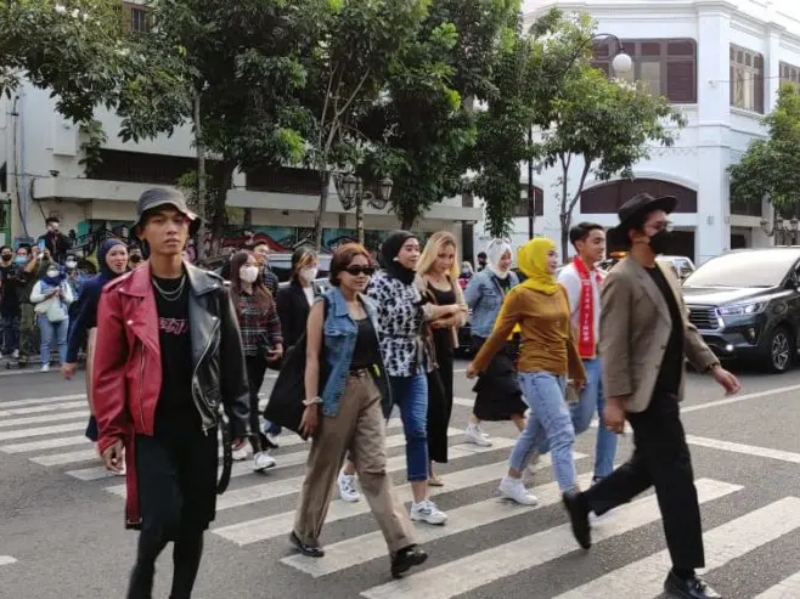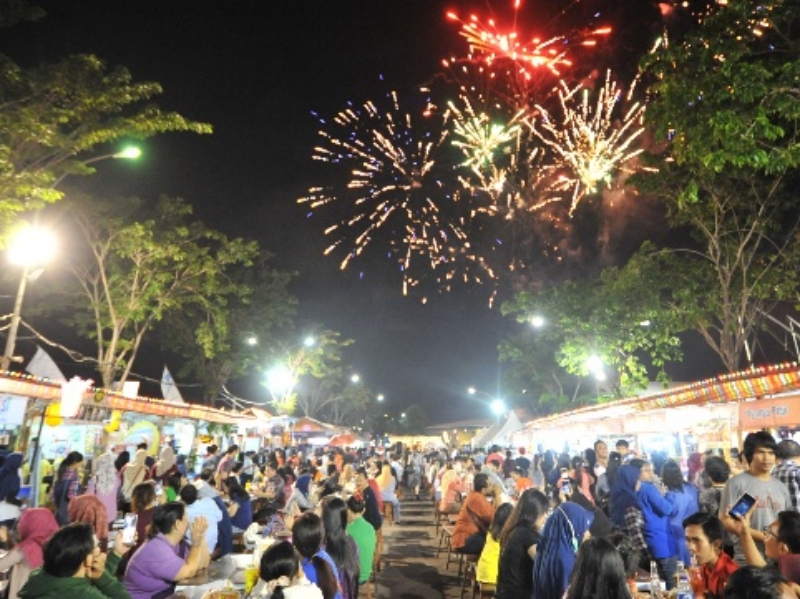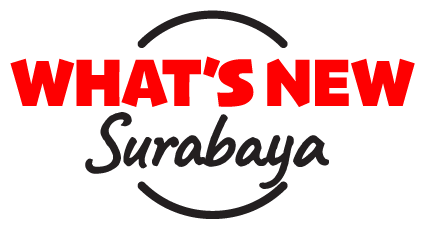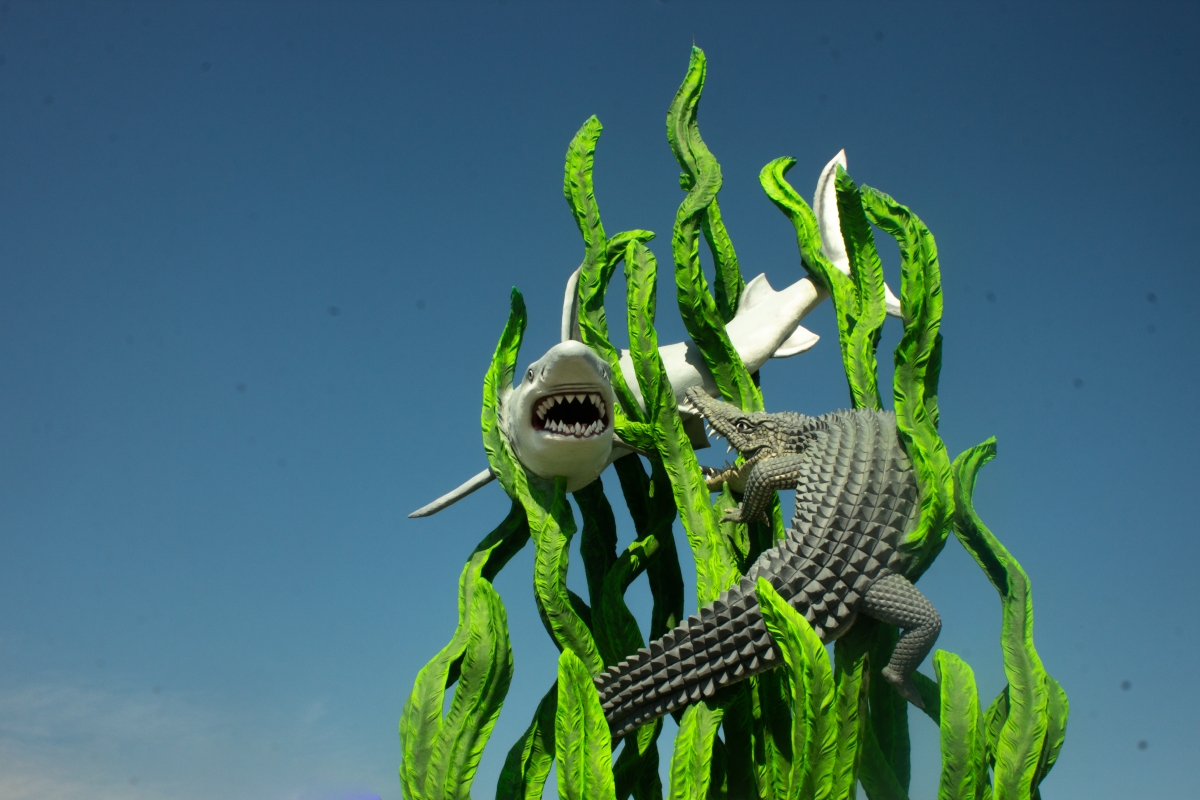Rooted in Surabaya, Arek culture stands as a unique hybrid of Javanese traditions that has spread to surrounding areas like Sidoarjo, Gresik, Mojokerto, Malang, Jombang, and Lamongan. This sub-culture thrives by adapting to modern influences while retaining its strong historical core, reflecting the spirit of the city. Its enduring presence highlights the resilience and evolving identity of the communities it shapes.
Surabaya’s Arek Culture: A Tradition That Endures

Emergence of Arek Culture in Surabaya
The formation of Arek culture can be traced back to the colonial period, where the city’s structure created a distinct divide between urban areas and villages. This division gave rise to Arek culture, not as a unified ethnic group, but as a diverse collective of settlers sharing common traits: courage, realism, and a focus on material progress. The village boundaries became a defining space for Arek culture, shaping a unique social identity marked by both geographical and cultural separation. The famous local calls like "arek," "Cak," and "Ning" reflect this identity and are now iconic of Surabaya’s cultural lexicon.
Arek culture is the result of a blend of various cultural influences, with elements drawn from the different communities that shaped the region. From the Madurese people came the values of courage and dexterity, while openness and egalitarianism were contributed by coastal communities. Agrarian countryside traditions added solidarity, compassion, and harmony to the mix. Despite these diverse roots, Arek culture stands as an independent variant, distinct from mainstream Javanese culture. Its people are known for their straightforwardness, strong solidarity, and a lack of pretension in their interactions.

Navigating Urban Challenges with Community Spirit
The philosophy that guides Arek culture emphasizes equality, shared responsibility, and a strong sense of community. People living in areas influenced by this culture tend to solve problems collectively, relying on pragmatic and inclusive decision-making processes. This approach can be seen in how both local communities and political elites address various social issues, from everyday family matters to more complex challenges like traffic, flooding, or even social inequality. The practical and cooperative spirit of Arek culture continues to shape the way its people engage with the world around them.
This pragmatic philosophy has helped the Arek community navigate Surabaya’s rapid urbanization and the challenges that come with it. As Surabaya evolves into a modern metropolis, Arek culture adapts, balancing tradition with innovation. This cultural flexibility has allowed the people of Surabaya to maintain their unique identity while embracing the city’s growth and development. This is why Arek culture is fascinating to many and remains a source of pride for Surabayans, showcasing their resilience and vibrant heritage.

Celebrating Inclusivity and Collective Identity
Today, Arek culture continues to influence Surabaya's social and political landscape. The egalitarian spirit fosters open dialogue and participation among citizens, ensuring that community interests are represented in decision-making processes. This culture of inclusivity has shaped Surabaya into a city that values collaboration, where residents and leaders alike work together to address local challenges in ways that benefit all.
As Surabaya moves forward, Arek culture remains a vital part of its identity, serving as a reflection of the resilience and adaptability of its people. From its historical roots to its modern-day presence, Arek culture stands as a living tradition that not only preserves the past but also continuously evolves to meet the demands of a changing world. In doing so, it reinforces the strong, dynamic character of Surabaya and its surrounding regions.




 Alicia Putri
Alicia Putri
 Oct 14, 2024
Oct 14, 2024